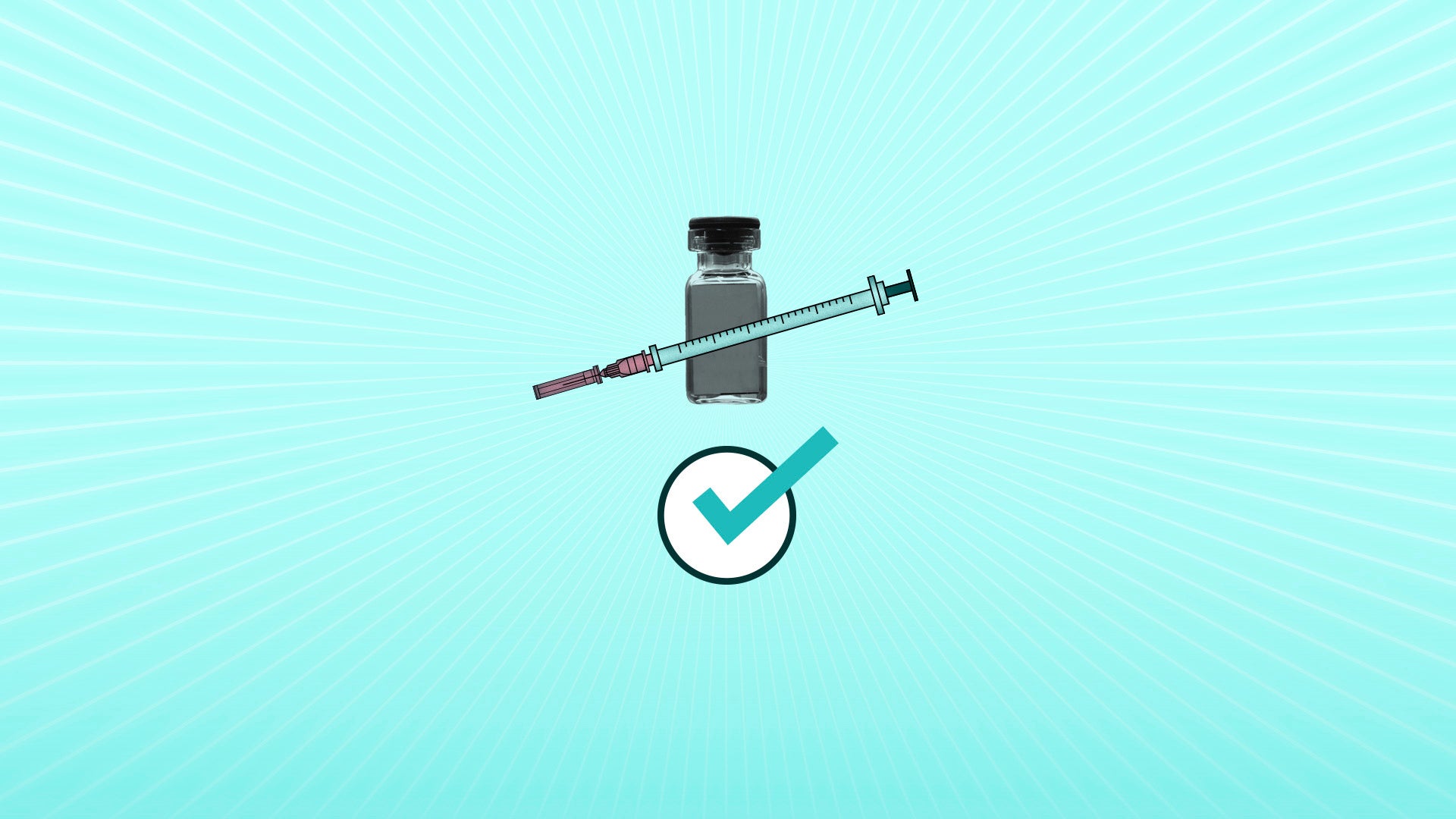What does full approval of Pfizer’s COVID-19 vaccine mean?
Pfizer’s COVID-19 vaccine has been given the Food and Drug Administration's full approval, meaning it has now undergone the same rigorous regulatory review as dozens of other established vaccines

Your support helps us to tell the story
From reproductive rights to climate change to Big Tech, The Independent is on the ground when the story is developing. Whether it's investigating the financials of Elon Musk's pro-Trump PAC or producing our latest documentary, 'The A Word', which shines a light on the American women fighting for reproductive rights, we know how important it is to parse out the facts from the messaging.
At such a critical moment in US history, we need reporters on the ground. Your donation allows us to keep sending journalists to speak to both sides of the story.
The Independent is trusted by Americans across the entire political spectrum. And unlike many other quality news outlets, we choose not to lock Americans out of our reporting and analysis with paywalls. We believe quality journalism should be available to everyone, paid for by those who can afford it.
Your support makes all the difference.What does full approval of Pfizer’s COVID-19 vaccine mean?
It means Pfizer’s shot for people 16 and older has now undergone the same rigorous testing and regulatory review as dozens of other long-established vaccines.
COVID-19 vaccines in the U.S. were initially rolled out under the Food and Drug Administration's emergency use authorization, which allows the agency to speed the availability of medical products during public health emergencies.
Under the process, the FDA waived some of its normal data requirements and procedures to make the COVID-19 vaccines available months earlier than would have been possible under normal circumstances.
Pfizer s vaccine — along with those from Moderna and Johnson & Johnson — still underwent testing in tens of thousands of people to establish safety and effectiveness against COVID-19. But the FDA initially required the companies to submit about only two months of safety monitoring data on study participants, the period when side effects are most likely to occur.
For full approval, the FDA required six months of follow-up data. FDA inspectors also visited the plants where the vaccines are made and reviewed each step of the production process for extra assurance that the shots are made under safe, sterile conditions.
Because vaccines are typically given to otherwise healthy individuals, they are generally subject to more regulatory scrutiny than other medical products, including prescription drugs. Full approval means the Pfizer vaccine now carries the FDA’s strongest endorsement of safety and effectiveness.
Public health experts hope the change will convince more unvaccinated people to get the shot and spur more employers to require vaccinations.
Moderna has also applied for full approval, and Johnson & Johnson has said it hopes to apply later in the year.
Pfizer’s shot still is available for 12- to 15-year-olds under emergency use authorization. The full approval also doesn’t apply to boosters. The agency will decide separately whether an extra shot is necessary for healthy people.
___
The AP is answering your questions about the coronavirus in this series. Submit them at: FactCheck@AP.org. Read more here:
Do I need a booster if I got the Johnson & Johnson vaccine?
Do the COVID-19 vaccines affect my chances of pregnancy?
Can I get ‘long COVID’ if I’m infected after vaccination?